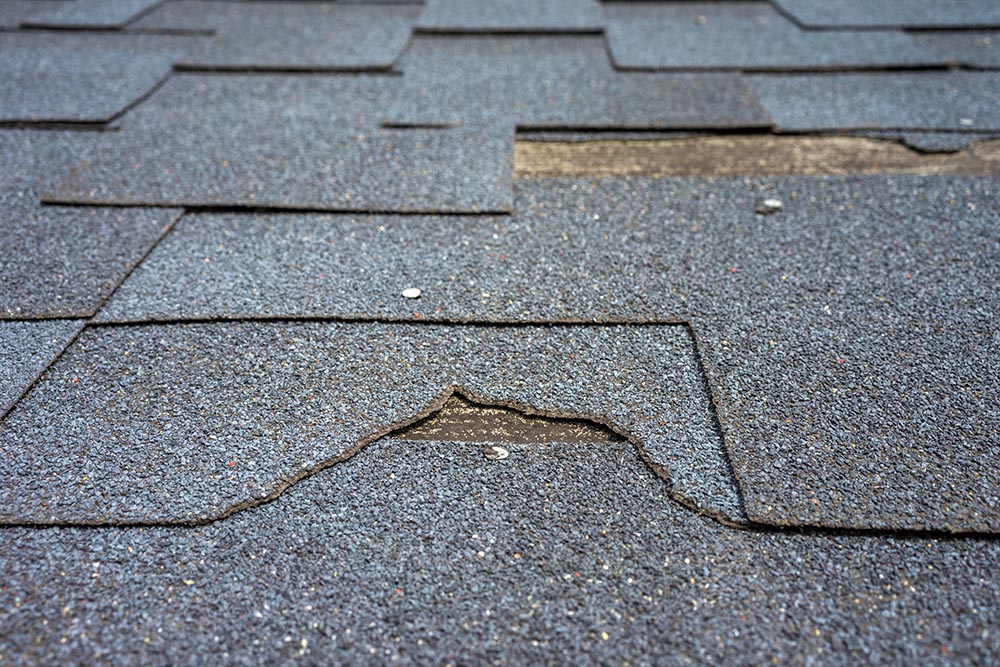Should You Replace Your Roof Before Selling Your Home? (9 Things to Consider)
Selling a house is a significant decision, and one of the key considerations for homeowners is whether to invest in significant renovations like a roof replacement before putting their property on the market.
Is it worth replacing your roof before selling your house, or should you leave it for the new owner to deal with? What are the potential benefits (or consequences) of replacing your roof before selling your home?
Rescue My Roof has been an educator in the roofing industry for over a decade, helping homeowners get the most out of their homes. Today, we’ll walk you through the factors you should consider when deciding to replace your roof before selling.
Ultimately, you’ll walk away knowing whether or not upgrading your home before listing is the right step for you.
9 Things to Consider Before Replacing Your Roof
Before selling your home, a new roof could be a significant selling point – or a downside for new homeowners.
Here are nine things you should consider before investing in your home.
1. Roof Condition

The condition of your roof is critical when selling your home.
If your roof is in a state of disrepair with multiple leaks, damaged shingles, or structural issues, it’s advisable to replace it before selling. A damaged roof can be a significant red flag for potential buyers, and it could deter them from making an offer or reducing the price they’re willing to pay.
2. Market Conditions
Consider the current real estate market conditions in your area. In a competitive seller’s market where demand is high, and inventory is low, you may have more room to negotiate and sell your home as-is.
However, in a buyer’s market, where many properties are available, having a new roof can make your home stand out and justify a higher asking price.
3. Home Value
Think about your home’s overall value. If your property is in a higher-end neighborhood, buyers may have higher expectations regarding the home’s condition, including the roof.
In such cases, investing in a new roof can be a smart move to ensure that your home aligns with the expectations of potential buyers.
4. Inspection and Appraisal

Most buyers will conduct a home inspection as part of the purchasing process. If the inspector identifies roof issues, it can lead to complications during negotiations or cause the deal to fall through.
A pre-listing inspection can help you identify any roofing problems in advance, allowing you to address them proactively. If your roof has several critical issues, it’s best to address them before selling your home to get the highest offer possible.
5. Pricing Strategy
Consider your pricing strategy. If you’re determined to sell your home quickly and are willing to accept a lower price, you may choose not to replace the roof. However, if you want to maximize your home’s value and are prepared to wait for the right buyer, investing in a new roof can be a strategic move.
6. Return on Investment (ROI)
Evaluate the potential return on investment for a roof replacement. While a new roof can increase your home’s value, you may not recoup the entire replacement cost in the sale price.
Research the average ROI for roof replacements in your area to make an informed decision.
7. Buyer Preferences

Consider the preferences of your target buyer demographic. Some buyers may be looking for fixer-upper opportunities and may be able to handle a roof needing repair. Others may prefer a move-in-ready home and be willing to pay a premium for it.
Consult with your real estate agent to see what other buyers in your area are looking for. This can give you insight and help you determine whether or not to invest.
8. Negotiation Leverage
Having a new roof can give you negotiation leverage. You can advertise the roof replacement as a selling point and potentially justify a higher asking price. Buyers may be more inclined to accept your terms if they see the value in a well-maintained home.
9. Transferable Warranties
A transferable roof warranty is a type of warranty that can be passed on from the original homeowner to subsequent property owners. This means that if it turns out that your property isn’t your forever home and you decide to sell, the warranty will transfer to the next owners.
If you replace your roof before selling, investing in a transferable warranty is best so the new homeowners can receive the benefits. They can expect benefits like increased property value, long-term protection, and minimized negotiations.
Replacing Your Roof
The decision to replace your roof before selling your house is not one-size-fits-all and should be based on a careful assessment of your specific circumstances.
If your roof is in poor condition, it’s generally advisable to replace it to avoid complications during the selling process. However, in other situations, market conditions and your goals as a seller may influence your decision. Consulting with a real estate agent and getting a professional inspection can help you make an informed choice that aligns with your financial and timing considerations.
If you’ve decided to replace your roof, read “How Much Should You Spend On A New Roof” and “How Hard is it to Find a Roofing Contractor” to learn more.
Are you looking for a roofing contractor in southeastern Wisconsin? Rescue My Roof is here to help. Contact us today to get a free estimate.


